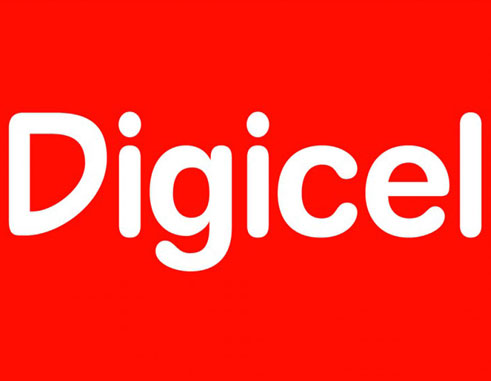PRESS RELEASE – POLICIES needed to extend consumer protection and tax collection to the digital economy.
With many more countries around the world getting on board with efforts to ensure that online giants like Facebook, Google and WhatsApp obey the law and pay their fair share of taxes, Digicel is once again urging governments in the region to do the same.
This time, the call comes with greater need for policymakers to protect consumers, as well as revenues for governments, while ensuring a level playing field for telecoms operators that have continuously invested billions in building world-class network infrastructure throughout the Caribbean.
Speaking at a Telecommunications and Media Forum hosted by the International Institute of Communications (IIC) recently, David Geary, General Counsel for the Caribbean at Digicel Group, noted: “The online players have argued that the internet provides them with a ‘cloak of regulatory invisibility’ and that the law of the land does not apply to them because they are on the internet. What we are witnessing is a world-wide realisation among policymakers that law and regulation must apply to the online world.”
In his presentation to a group of industry experts, Geary observed that unregulated online players pose a number of challenges for the local economies in which they operate. He also noted that online players have not only been eating away at revenues for the government through avoidance of taxes and fees for institutions like the Universal Service Fund, but also have helped to facilitate communications between criminals by failing to assist the police with tracking calls and messages sent online.
“We now see countries like Germany, Ireland and the UK proposing regulation in a bid to prevent the transmission of harmful content, including hate speech and support for terrorist causes. These issues are also relevant in the Caribbean, so we need to get on board, too, with the right policies and legislation and do everything we can to protect our citizens and the economies of the Caribbean,” said Geary.
He continued: “The online players are a growing part of the economies where they deliver services, and when it comes to contributing to these economies, they must abide by the same rules as everyone else. Simply because you provide a service online shouldn’t mean that you can avoid contributing to the country where you are earning your revenue. Collection of taxes is very important to countries in the developing world as these rules are designed to protect consumers and to prevent abuse.”
The 2017 IIC Telecommunications and Media Forum, which was hosted in Miami in May, focused on discussions around OTT services and content with a debate around regulatory frameworks, fiscal arrangements and consumer protection.





![Simón Bolívar - Liberator of the Americas [Photo credit: Venezuelan Embassy]](https://thevoiceslu.com/wp-content/uploads/2025/12/Simon-Bolivar-feat-2-380x250.jpg)



